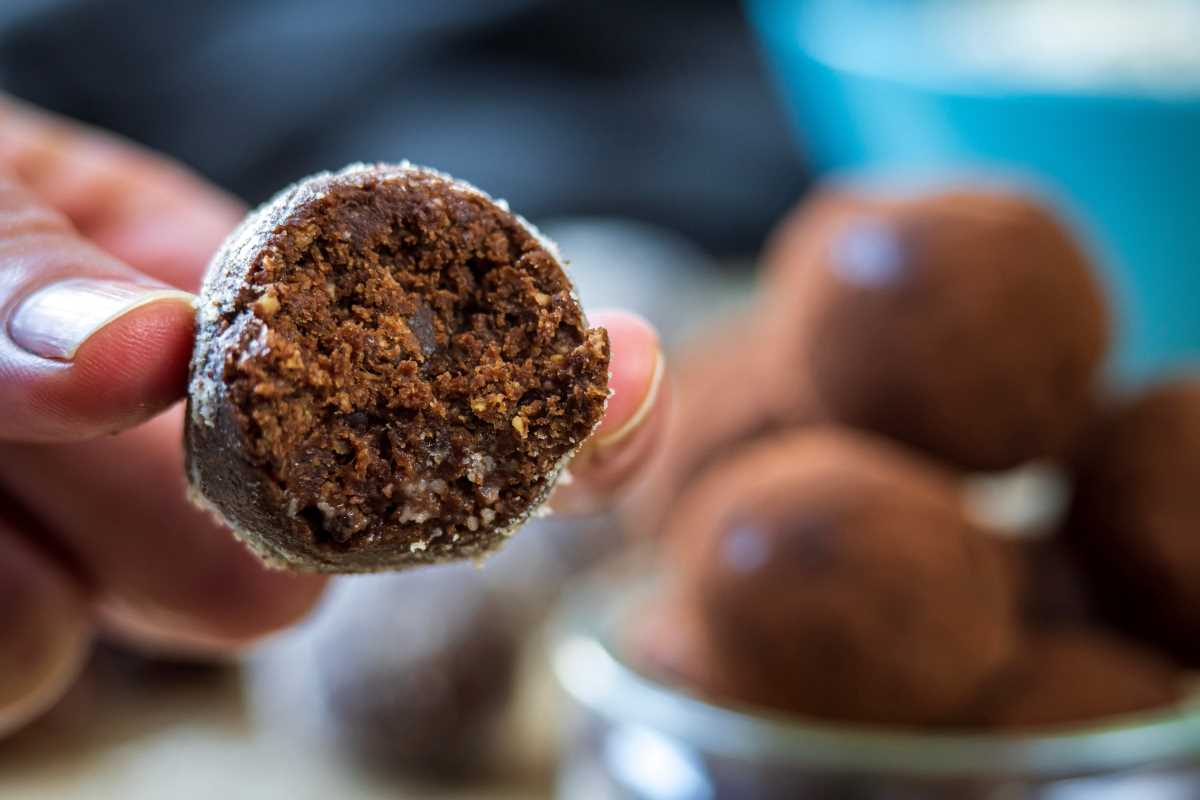Your gut health is crucial for your overall well-being. It’s more than just digestion; your gut influences immunity, supports mental health, and even affects how energetic you feel throughout the day. A thriving and balanced gut microbiome can be the foundation of good health, and one of the best ways to nourish it is through your diet. Certain foods, often called “superfoods,” are packed with nutrients, fiber, and probiotics that can support a healthy gut. Below, we’ve compiled an expanded list of the top superfoods for gut health, with added details and practical tips for incorporating them into your meals.
What Are Superfoods, and Why Do They Matter for Gut Health?
“Superfood” is a term often used to describe ingredients that are highly nutrient-dense. These foods are loaded with vitamins, minerals, antioxidants, and other compounds that promote better health. They’re not magic bullets, but they can complement a balanced diet and help optimize your overall health.
For gut health, superfoods usually belong to one of two categories:
- Probiotics are live microorganisms that add beneficial bacteria to your gut.
- Prebiotics are types of fiber and plant-based compounds that feed the good bacteria already in your gut.
A combination of probiotics and prebiotics is essential for a healthy, diverse, and thriving microbiome. Here’s how you can incorporate the best options into your lifestyle.
The Best Superfoods for Your Gut, According to Nutrition Experts
1. Kefir
Why it’s great: Kefir is a cultured dairy product packed with probiotics, including Lactobacillus and Bifidobacterium. Known for its tangy flavor and creamy texture, kefir offers a higher variety of beneficial bacteria compared to yogurt.
Nutritionist insight: Dietitian Clare Jones shares, “Kefir can support gut health by reintroducing healthy bacteria into your system, especially after periods of stress, illness, or antibiotic use.”
How to incorporate it:
- Use kefir as the base for smoothies. Blend it with frozen berries, a tablespoon of chia seeds, and a drizzle of honey for a nutrient-packed gut-friendly drink.
- Replace milk with kefir in your cereal or overnight oats for an extra probiotic boost.
- Drink a small glass of plain kefir as a midday snack.
For dairy-free alternatives, consider water kefir, a fizzy, refreshing probiotic drink made from fermenting sugar water with kefir grains.
2. Kimchi
Why it’s great: Kimchi is made by fermenting vegetables like napa cabbage and radishes with lactic acid bacteria. It’s not just rich in probiotics but also loaded with vitamins A and C, as well as bioactive compounds that reduce inflammation.
Nutritionist insight: “Kimchi provides a delicious way to enrich your meals while supporting gut health,” says nutritionist Mia Nguyen. “It’s especially great for those who love bold, tangy flavors.”
How to incorporate it:
- Top your rice or grain bowls with a heaping spoon of kimchi for an added punch of flavor.
- Mix kimchi into stir-fries for a spicy, acidic note.
- Use it as a side to grilled proteins like chicken, fish, or tofu.
- Create a kimchi pancake by mixing it into a simple flour-and-water batter, then pan-frying until crisp.
3. Chia Seeds
Why it’s great: Chia seeds are tiny but mighty. Packed with soluble fiber, they absorb water to form a gel-like substance that aids digestion, supports regular bowel movements, and feeds beneficial gut bacteria.
Nutritionist insight: “Chia seeds are incredibly versatile and make it easy to boost your fiber intake,” says health coach Daniel Parker.
How to incorporate it:
- Create a simple chia pudding by mixing 2 tablespoons of chia seeds with ½ cup of almond milk, a splash of vanilla, and a touch of maple syrup. Refrigerate overnight.
- Sprinkle chia seeds over yogurt or oatmeal for added texture.
- Stir them into your favorite juice or water for a hydrating, fiber-packed drink.
4. Sauerkraut
Why it’s great: Fermented cabbage might sound plain, but sauerkraut is a nutritional powerhouse. Its tangy flavor comes from lactic acid bacteria, loaded with probiotics. It’s also an excellent source of vitamin K and fiber, both crucial for gut health.
Nutritionist insight: Dr. Emily Kane, a naturopathic physician, says, “Sauerkraut can benefit digestion and even support nutrient absorption, especially when combined with other whole foods.”
How to incorporate it:
- Add sauerkraut to sandwiches or wraps for a tangy crunch.
- Use it as a garnish for sausages, hot dogs, or veggie burgers.
- Pair it with roasted vegetables for a contrasting texture.
- Toss some sauerkraut into your salad for an acidic kick.
Make sure to choose unpasteurized sauerkraut to ensure the live probiotics are intact. Store-bought options often lack these friendly bacteria due to pasteurization.
5. Green Bananas
Why it’s great: Unlike ripe bananas, green bananas are high in resistant starch, a prebiotic fiber that makes its way to your colon undigested, where it feeds helpful gut bacteria.
Nutritionist insight: “Resistant starch helps produce short-chain fatty acids like butyrate, which keep your gut lining healthy,” explains clinical dietitian Nora Adams.
How to incorporate it:
- Use raw green bananas in smoothies, where their slightly starchy flavor blends well with other fruits.
- Slice and sauté them for a savory side dish.
- Use boiled and mashed green bananas in curries or soups.
For those familiar with Latin or Caribbean cuisines, green banana dishes like tostones (fried banana slices) can be a fun and tasty option.
6. Garlic
Why it’s great: Garlic isn’t just a flavor enhancer; it’s also rich in inulin, a prebiotic fiber that supports the growth of good bacteria. Additionally, garlic has antimicrobial properties that can help regulate harmful bacteria in the gut.
Nutritionist insight: “Eating garlic raw is the most potent way to reap its gut-boosting benefits, though even lightly cooked, it still supports a healthy microbiome,” says Dr. James Monroe.
How to incorporate it:
- Add raw minced garlic to your salad dressings or dips like hummus.
- Stir garlic into sauces and stews just before serving to maintain its potency.
- Roast whole heads of garlic until caramelized, then spread it on whole-grain bread as a delicious prebiotic treat.
7. Almonds
Why it’s great: Almonds are a fiber-rich superfood with prebiotic benefits. They’re also an excellent source of healthy fats, vitamin E, and magnesium, which collectively support a healthy microbiome.
Nutritionist insight: “Almonds are a simple, portable snack that provides nutrients essential to maintaining a balanced gut,” says dietitian Hillary Evans.
How to incorporate it:
- Enjoy a handful of raw almonds or roasted, unsalted varieties as a quick snack.
- Chop almonds and sprinkle them on yogurt or salad.
- Blend them into almond butter for dipping fruits or using in smoothies.
8. Ginger
Why it’s great: Ginger is a natural anti-inflammatory that plays a significant role in gut health by easing inflammation and boosting digestive enzymes. It’s a fantastic remedy for nausea and indigestion.
Nutritionist insight: “Ginger is also known to speed up the digestive process by stimulating stomach contractions,” says Dr. Olivia Cheng.
How to incorporate it:
- Brew fresh ginger tea by boiling ginger slices in water with a squeeze of lemon.
- Grate ginger into curries, soups, or stir-fries for added flavor.
- Add fresh ginger to your morning juice or smoothie.
For a sweet option, try candied ginger in moderation as a post-meal treat.
9. Yogurt with Live Cultures
Why it’s great: Probiotic-rich yogurt is a staple for gut health. Its live and active cultures contribute beneficial bacteria to your microbiome.
Nutritionist insight: “Always check the label for live cultures. Not all yogurts contain the probiotics they’re known for,” says nutritionist Laura Bell.
How to incorporate it:
- Pair yogurt with granola, berries, and a drizzle of honey for a balanced breakfast.
- Use plain yogurt for creamy salad dressings or as a base for dips.
- Replace sour cream with yogurt in tacos or baked potatoes.
10. Oats
Why it’s great: Oats are rich in beta-glucan, a type of soluble fiber with prebiotic properties. They also contribute to controlling blood sugar and cholesterol levels.
Nutritionist insight: “Oats help gut health by providing fuel for beneficial bacteria and promoting smoother digestion,” shares registered dietitian Emma Harper.
How to incorporate it:
- Make classic oatmeal with a topping of fruits and nuts.
- Use oats in smoothies to add texture and fiber.
- Turn oats into energy bites by mixing them with almond butter, honey, and chia seeds.
Tips for Incorporating Superfoods into Your Diet
- Start Slow: Introduce new superfoods gradually, especially fermented options, to avoid digestive discomfort.
- Combine Versatile Foods: Mix ingredients like oats, chia seeds, and yogurt into breakfast bowls.
- Stay Consistent: Regular consumption of these superfoods, paired with a diverse and fiber-rich diet, shows the best results.
The Bottom Line
Maintaining gut health doesn’t have to be complicated or restrictive. Small tweaks, like switching to kefir, adding a scoop of sauerkraut to your meals, or snacking on almonds, can lead to significant health improvements over time. By incorporating these superfoods into your regular diet, you’ll not only support your microbiome but also enjoy a range of other health benefits that these nutrient-packed foods bring. Start small, stay consistent, and your gut will thank you.
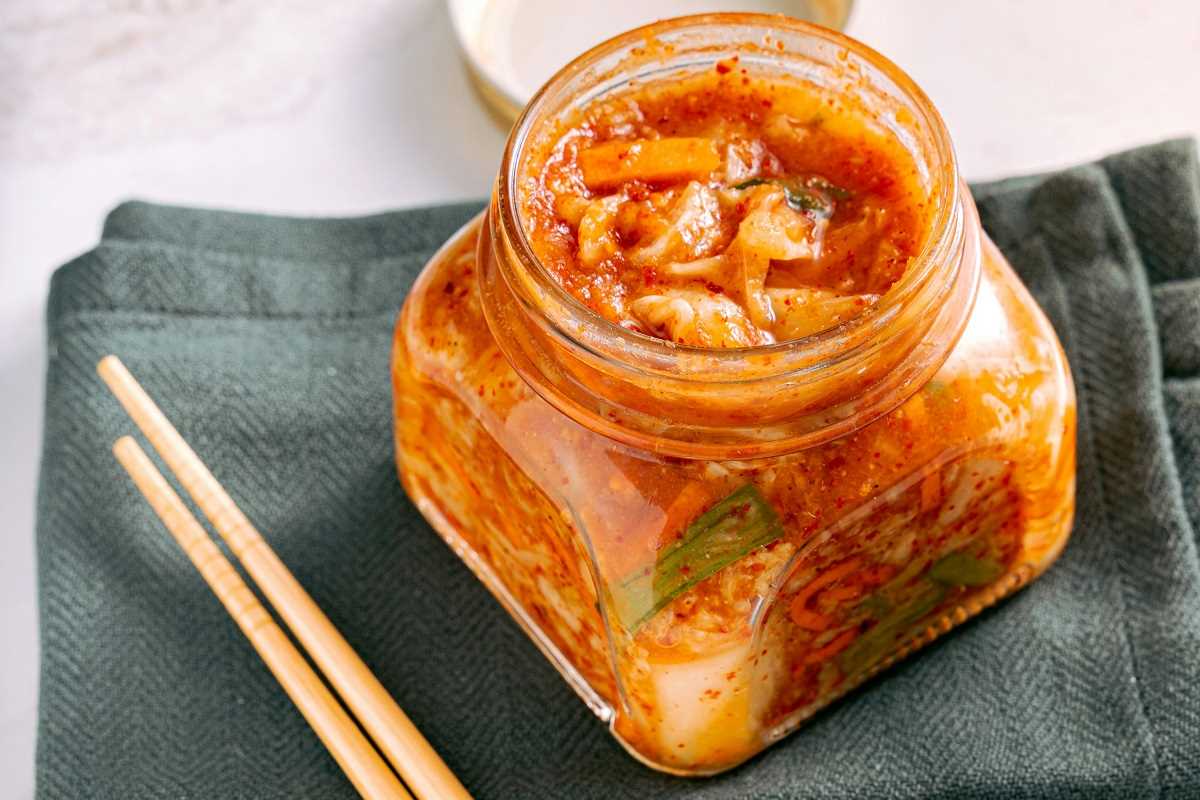 (Image via
(Image via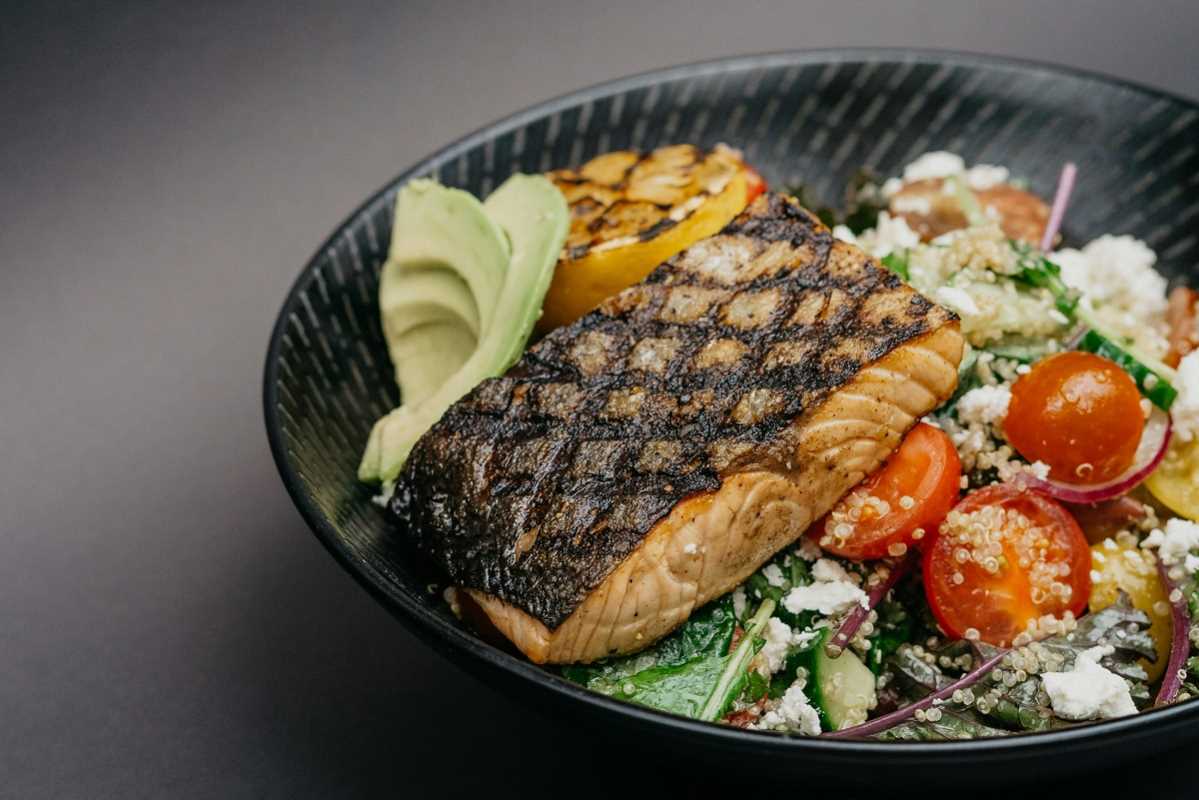
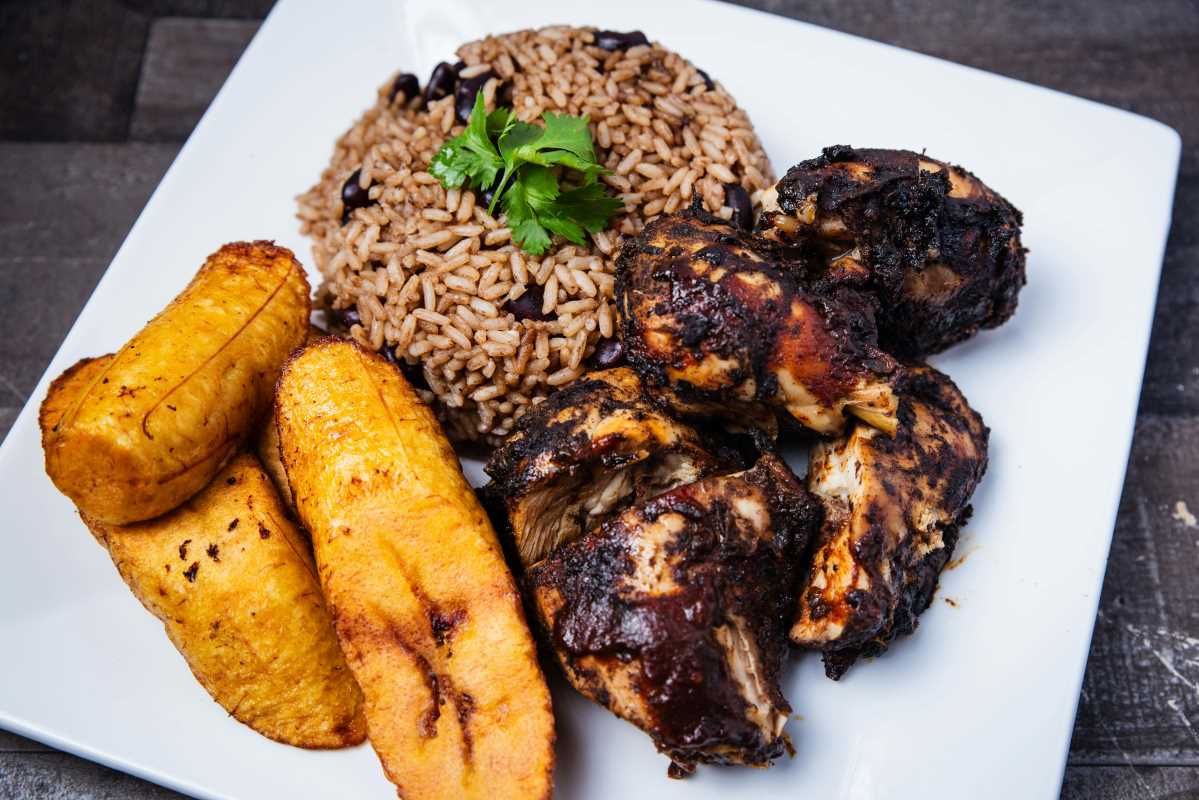
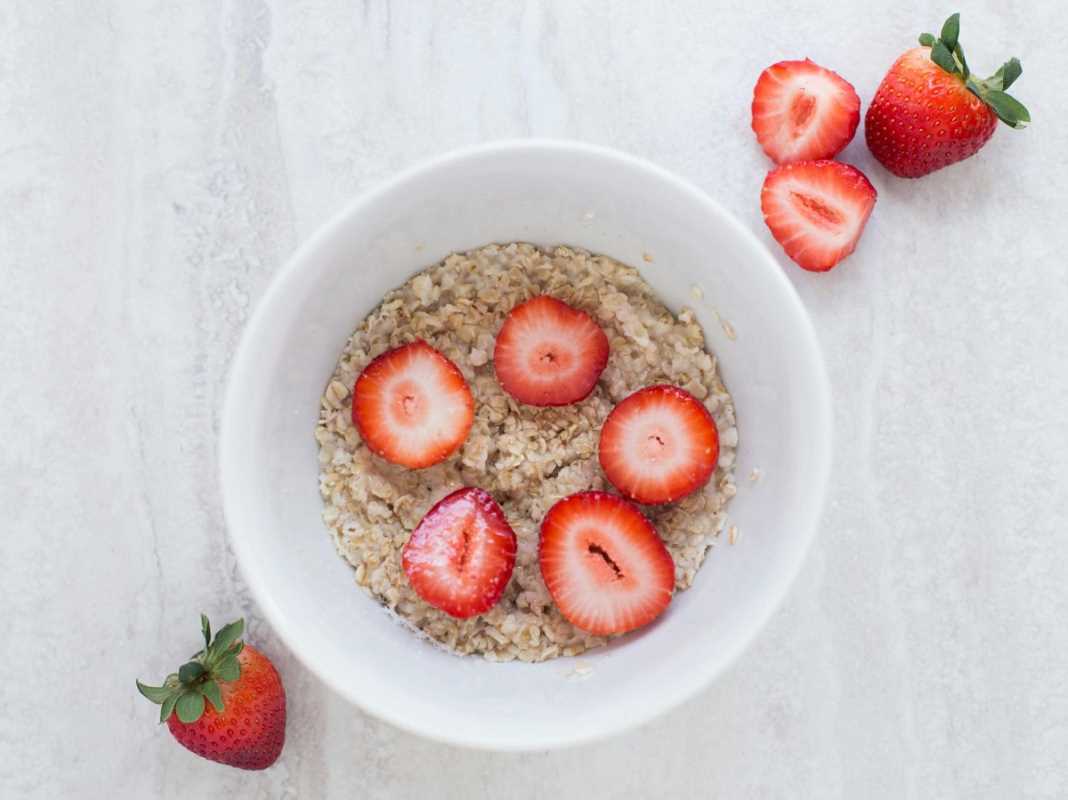


.jpg)
